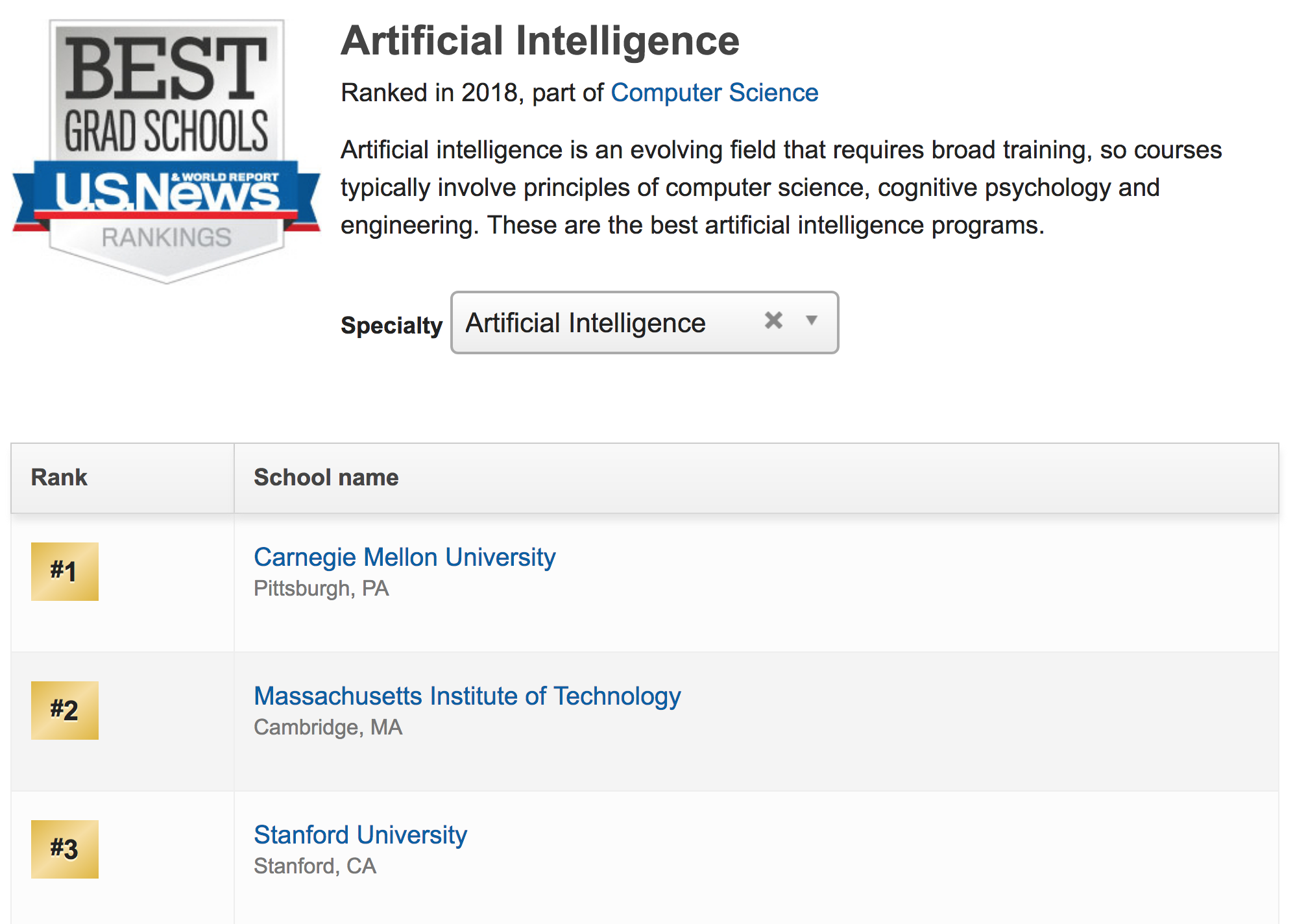
Over four undergraduate years, I have been fully immersing in machine learning research. From statistical learning theory, recommender system optimization to deep learning application in natural language processing, I have touched a wide range of different flavors in this field. It has been a fun ride, and it would be equally great to continue in this line of research. However, after a long time of introspection, I decided not to continue in the popular machine learning research. This means refusing the well-regarded CMU machine learning department for Ph.D. study.

Within these one or two years, a lot of people become interested in machine learning, and a large portion of them jump into this field. I believe one of the biggest reason is that the entry bar for deep learning has become relatively low. No advanced math or brilliant algorithmic design is needed to do cutting-edge research. I see this as a sign of maturity in the mainstream machine learning research (i.e., deep learning). This is great as machine learning can now have the maximum impact possible. However, I do not like participating in a mature and popular field.
These two reasons lead me to feel less exciting and motivated about the research I will be conducting in the field of deep learning. A similar opinion is also expressed by the highly-respected Caltech alumnus, Donald Knuth, as the single advice for young people.
Most people do not venture into problems where it will not work instantly. But I believe the true scientists should tackle these visionary and potentially revolutionary problems. The process would be arduous, e.g., a problem not working instantly may not work forever, papers would be harder to publish, etc. But it is extremely crucial for people to tackle these futuristic mysteries. If the problems being tackled by humanity degenerates to the subspace of problems which has a direct use, then we would not be able to accumulate enough knowledge that would lead us to a glorious and bright future.
A new paradigm of computing, quantum computing, starts to emerge recently. Governments, such as China and Europe, have invested a decent amount of money in this academic field of research (e.g., see Quantum Manifesto by Europe). I believe it also opens a whole new world for data analysis and machine learning. By extrapolating from the history, we can see that mainstream AI techniques depend heavily on the underlying computing paradigm.
As a result, I believe there is a lot of potential in the intersection of quantum technology and artificial intelligence. However, this is a field that not much computer science people are looking into.
On the other hand, I think it is distinctive for me, a person with a background in both computer science and physics, to jump into this field. While I have a physicist’s heart that craves for theoretical beauty, I also have an engineering heart that cares excessively about real-world practicality. Of course, I have never conducted quantum computing research. So I know doing such research would be extremely hard for me at the first few years. I have to catch up with the existing knowledge and get used to the way of research in an unfamiliar field. However, I believe that through this challenge, I will grow my ability to a whole new level.
Here are just some of the broad questions that I hope to explore during my Ph.D. study.
During my Ph.D. study at Caltech, I want to challenge myself and venture into this dark forest to retrieve something precious for the advance of human technology.
